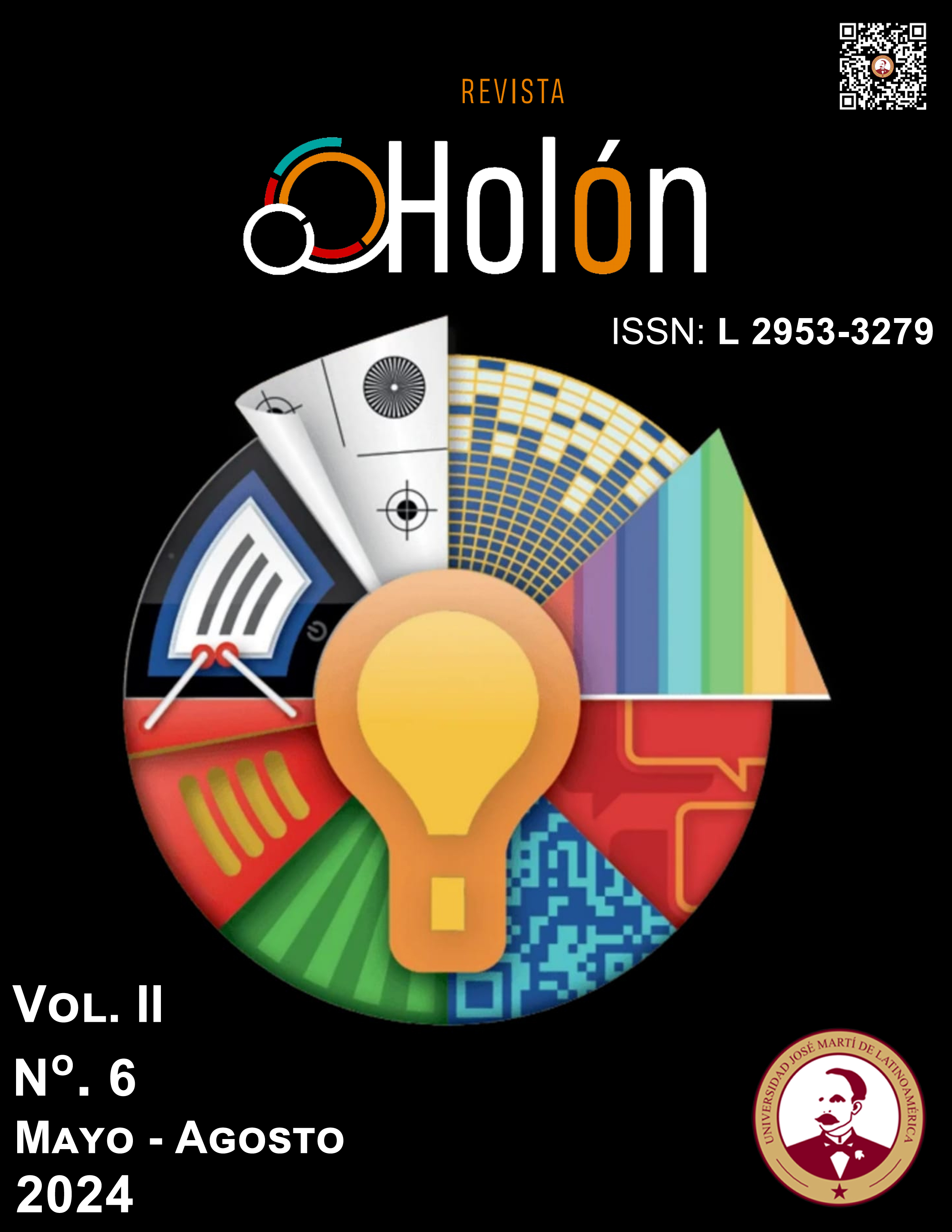

Copyright (c) 2024 Revista Holón

This work is licensed under a Creative Commons Attribution-NonCommercial-ShareAlike 4.0 International License.
In the 21st century, education faces unprecedented challenges, driven by a globalized environment and accelerated technological evolution. In this context, the complexity paradigm emerges as a conceptual framework that seeks to understand the intricate and interconnected nature of educational processes. This article dives into the intersection of three crucial dimensions: complex thinking, neuroeducation, and inquiry teaching and learning methodology. This text, through the hermeneutic and heuristic method, and under the qualitative approach of research, aims to explore the convergence of these elements, addressing the following central question: how can the complexity paradigm, neuroeducation and methodology of teaching and learning inquiry converge to enrich and transform education in the 21st century? Through an interdisciplinary analysis, this article seeks not only to understand these concepts individually, but also to discover the synergies that can arise when integrating them into educational practice.